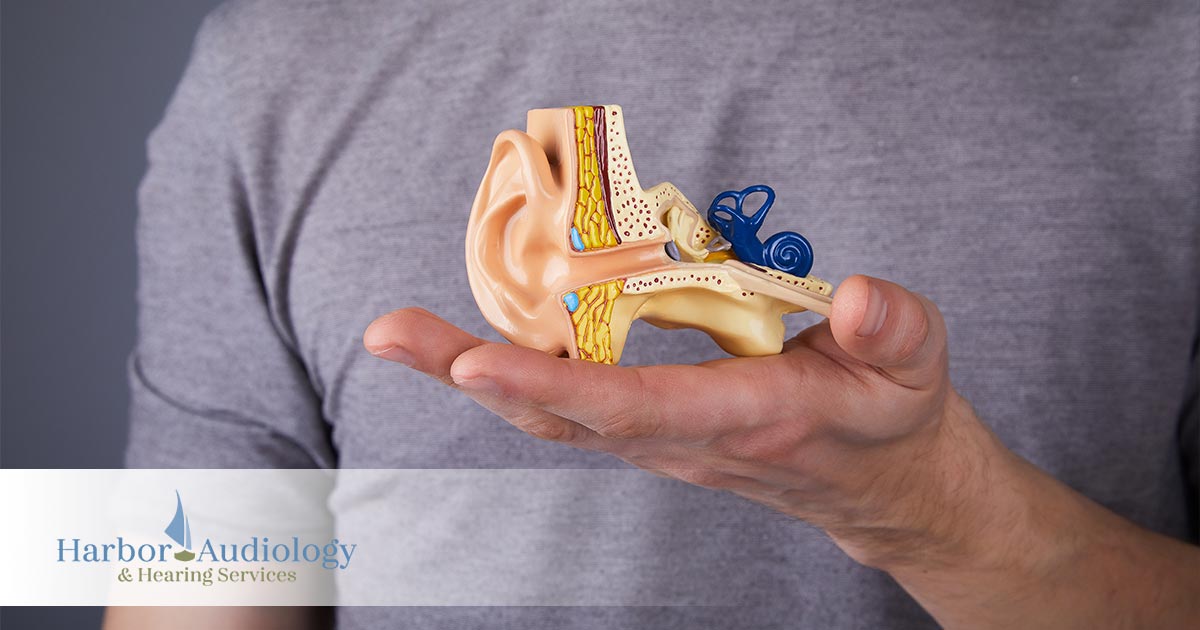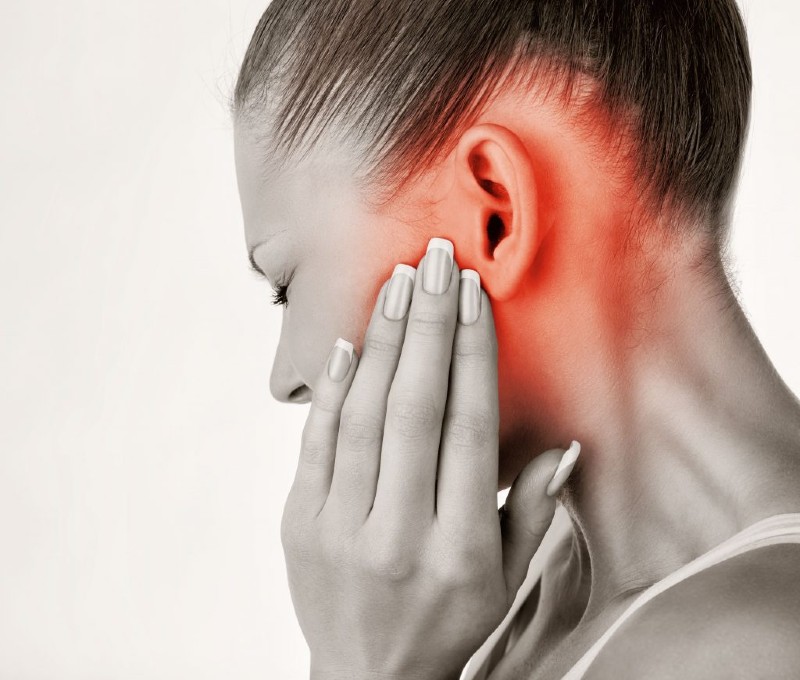
What is Autoimmune Inner Ear Disease & What Causes It?
Reviewed by Dr. Porter on February 16, 2021
Autoimmune Inner Ear Disease, or AIED for short, is a persisting syndrome that affects a person’s balance and ability to hear, and is frequently accompanied by dizziness and tinnitus. The condition occurs when antibodies mistake the ear tissues and cells as foreign bodies and attack them in defense of the body. Fortunately, this is a treatable condition, and after suffering hearing loss because of AIED you can seek help from your audiologist to treat your hearing loss.
Overview of Autoimmune Inner Ear Disease
For those suffering from autoimmune disorders, their immune system may receive incorrect signals concerning whether parts of the body are foreign infections that need to be fought off. Parts of the ear can suffer from this, resulting in a condition that causes dizziness, ringing, and even hearing loss. This can affect anyone across many different backgrounds, and from childhood to adulthood, although it has been noticed to be more common in women than men.
At Harbor Audiology & Hearing Services, we encourage everyone to come in for a check-up when they experience the slightest change in their auditory health. This proactive approach will help in catching any developing condition early, before they can cause irreversible damage to your hearing.
What Causes Autoimmune Inner Ear Disease?
Your immune system exists to identify and fight foreign threats that could harm your health. When these immunity cells in your ear mistakenly identify the cells and tissue in your ear as a foreign virus and attack them, this is what is known as an autoimmune reaction.
From there, the tissue in your ear will deteriorate, which can lead to hearing problems, and hearing ringing sounds. Autoimmune Inner Ear Disease can also be an indicator of other autoimmune diseases, and your auditory system is the one suffers the most at first because of the ear’s sensitivity.
Symptoms of Autoimmune Inner Ear Disease
Autoimmune Inner Ear Disease most frequently occurs with other autoimmune-related conditions. So, if you do suffer from any autoimmune diseases, you should consult a specialist at the clinic for a check-up to assess the condition of your ears.
Experiencing hearing loss should always prompt you to seek treatment. Outside of experiencing hearing loss, there are a few other symptoms to watch for, that could potentially indicate AIED:
- Persistent sounds such as ringing or buzzing
- Problems maintaining balance and dizziness
- Experiencing Vertigo
- A feeling of fullness or pressure in the ear
These symptoms may appear as a combination, or individually. If these symptoms are ignored long term, they could lead to lasting damage to your ears.

How is Autoimmune Inner Ear Disease Diagnosed?
When you visit the clinic and discuss your symptoms with an audiologist, they will perform the tests necessary determine the extent of the disease. This will include examining your symptoms, evaluating your current hearing health and if warranted a referral to an Ear, Nose, Throat doctor for laboratory tests to check immune cells’ activity in the ears. The audiologist can also perform balance and hearing tests for the ENT, to determine the level of damage, if any is present. These tests will allow them to make an accurate diagnosis, and move on to treatment recommendations.
How Do you Treat Autoimmune Inner Ear Disease?
When it comes to treatment, your ENT will typically prescribe specific drugs depending on the progress of the condition. This may range from starting you off on anti-inflammatory medication, to a brief dosage of steroids to help stabilize the autoimmune response. After the conclusion of steroid therapy, the next prescription will help to further boost and stabilize your immune system long term.
If the condition has already caused damage resulting in significant hearing loss, you may be prescribed a hearing aid. Harbor Audiology and Hearing Services will be able to provide you with a range of options, and assist you in finding a hearing aid that is compatible with your lifestyle.
For more information on Autoimmune Inner Ear Disease, you can visit our clinics at Harbor Audiology and Hearing Services. Here you will meet with a qualified audiologist for any issues with your hearing problems’ diagnosis and treatment.
Categorised in: Audiologist






